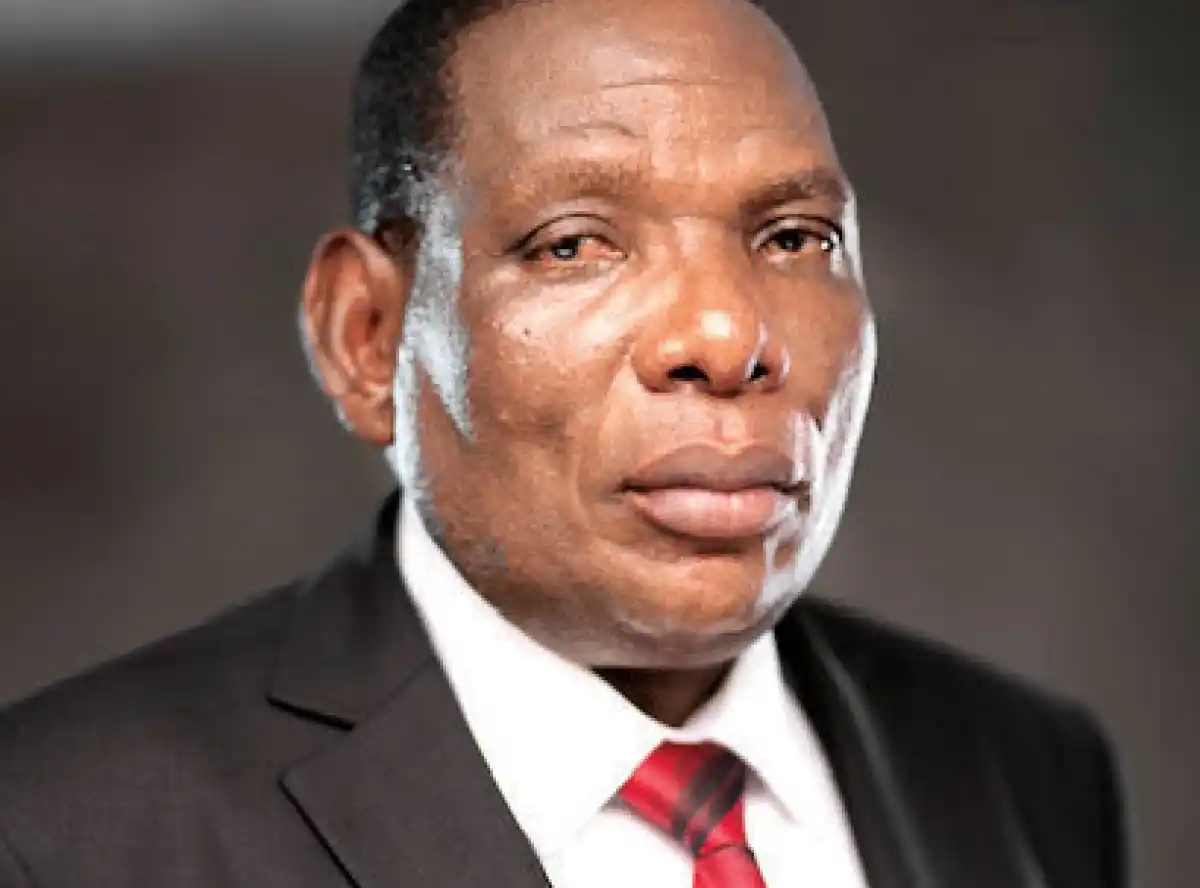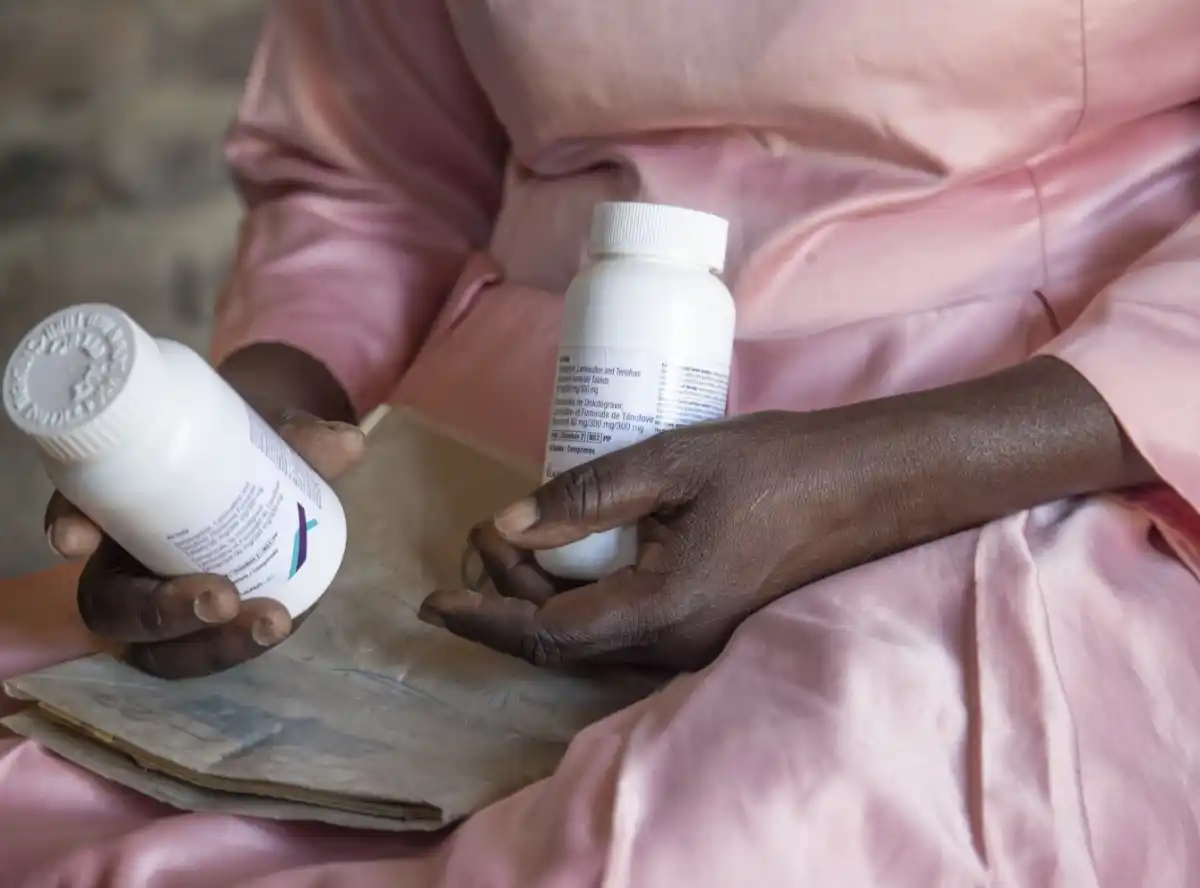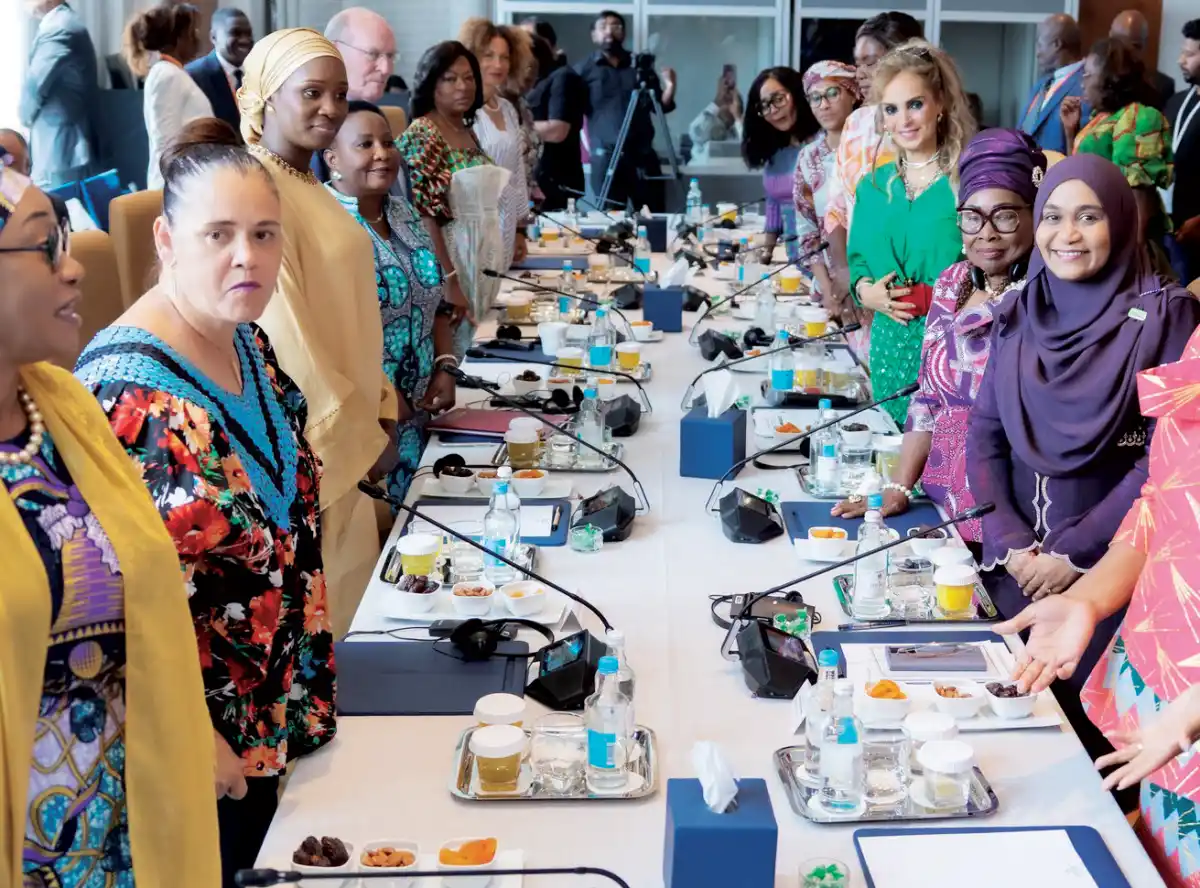
The opposition Democratic Progressive Party and United Democratic Front (UDF) on Monday took turns to drill holes into the Mid-Year Budget Review Statement which Finance Minister Simplex Chithyola Banda presented to Parliament on Wednesday.
Presenting DPP’s reaction to the statement in Parliament, the party’s vice president for the Southern Region, Joseph Mwanamvekha, said the party was concerned with the alleged plunder of public resources by the current administration.
The former Finance minister and secretary to the Treasury said Malawi continued to traverse on a dangerous trajectory.
“We would like to register our concern on the downward revision of real GDP [gross domestic product] growth rate from 2.3 percent to 1.8 percent in 2024. At this rate of growth of the economy, it is unlikely that Malawi will achieve sustainable and inclusive economic development, let alone meet the 2063 agenda.
“We are worried because if Malawi is to fast-track sustainable economic growth, it has to grow at an annual growth rate of not less than 6 percent and higher than population growth.
“However, the Malawi economy has been growing at a miserable average rate of less than 2 percent, contrary to the Malawi Congress Party’s own manifesto,” he said.
He also took a swipe at the current administration for making life unbearable for Malawians through high cost of living.
“According to Centre for Social Concern Malawi, for example, as of June 2020, the basic needs requirement for a household of six people in Lilongwe was K197, 980 per month and, in Blantyre, it was K198, 915 per month.
“The same households required K586, 038 in Blantyre and K539, 698 in Lilongwe, respectively, for them to meet their basic needs. This means that the cost of living in Blantyre has increased by 195 percent whilst in Lilongwe it has increased by 173 percent since 2020,” Mwanamvekha said.
On his part, UDF spokesperson on finance Ishmael Nkumba faulted the current administration for failing to take advantage of funds injected into projects. He said although Malawi had received support for programmes such as the Shire Valley Transformation Project, Agriculture Commercialisation Project and others, “many Malawians remain miserable”.
Presenting the response of the Budget and Finance Committee of Parliament, member of the committee Mary Navicha said the committee noted that high public debt and rising debt servicing costs had constrained the fiscal space.
“The committee calls for continued renegotiation of loan terms to reduce the debt burden and for new borrowing to be strictly limited to projects with clear economic returns.
“Strengthening institutional capacity to reduce implementation delays and wasteful expenditures is also critical,” Navicha said.





0 Comments